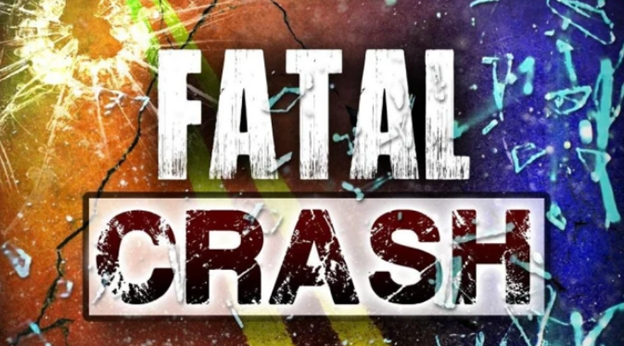Churches hold communion in honor of Easter
Published 11:13 pm Saturday, March 27, 2010
The joyous celebration of Easter comes with some sadness.
“The triumph doesn’t make sense unless you know the struggle,” said Pastor David Powell of St. Paul’s Episcopal Church.
Easter is the celebration of the resurrection of Jesus after his crucifixion. Jesus died on what is called Good Friday and resurrected three days later on what is called Easter.
His death was a sacrifice because sins are atoned through sacrifice. He was sacrificed for the sins of mankind, which were passed down from Adam and Eve in the Garden of Eden.
Paul, in Romans 6:22-23, explains “But now that you have been set free from sin and have become slaves to God, the benefit you reap leads to holiness, and the result is eternal life. For the wages of sin is death, but the gift of God is eternal life in Christ Jesus our Lord,” according to the New International Version of the Bible.
The significance of this event is crucial to the Christian faith.
“As Jesus shares his life with us and shares his death, we also share in his resurrection,” Powell said. “It’s the redemption of the world. It’s the last word over death.”
The observances begin today on what is known as Palm Sunday — the Sunday before Easter Sunday — and continue for one week, Holy Week.
“It’s the most important week in the life of the church,” Powell said.
Palm leaves are used to signify the coats and branches placed on the ground as Jesus rode into Jerusalem the week before his crucifixion.
“The liturgy of the palms reflects the triumphant entry,” Powell said.
Each weekday, one downtown church will hold a Holy Week Community Service at noon. Lunch will be provided after services Monday through Thursday.
Locations are: Monday, First Baptist Church; Tuesday, First Presbyterian Church; Wednesday, Church Street United Methodist Church; Thursday Queen of Peace Catholic Church; and Friday, St. Paul’s Episcopal Church.
The tradition started seven years ago when Pastor Ron Stone of First Presbyterian introduced the idea to the downtown churches. Prior to these services, none of the churches held Holy Week services.
“We all have friends in the other downtown congregations,” Stone said. “It’s a rare opportunity, since we pretty much worship in our own faith houses, to sit next to each other in the pews.”
By rotating churches, attendees can see the differences and similarities, of the denominations, Stone said. Any member of the community of any religion is welcome.
The Thursday of Holy Week is Maundy Thursday, meaning “command” in Latin. This was when Jesus attended the Last Supper before his betrayal by Judas Iscariot, as he turned Jesus into authorities. Judas received 30 pieces of silver, which he retuned after Jesus was condemned, from the Sanhedrin’s chief priests and the elders of the Temple in Jerusalem. They wanted Jesus because he was preaching that he was the son of God, which was condemned as blasphemy.
But the Sanhedrin couldn’t kill Jesus because the Romans had forbidden them to carry out capital punishment, except in the case of a foreigner who had come to the temple. So, the Sanhedrin had to turn Jesus over to Pontius Pilate, who turned to the crowd. The crowd demanded Jesus’ death, so Pilate washed his hands of the matter and gave the crowd control of Jesus’ fate.
“The emphasis on Maundy Thursday, at the evening service, is Jesus and the institution of the Eucharist,” Powell said.
The Eucharist is the body and blood of Jesus, also known as communion, which is taken in the form of bread and wine.
Some Christian churches use grape juice instead of wine in their communion, also known as the Lord’s Supper.
St. Paul’s strips its altar of all decorations for Thursday’s service and attendees exit the church in silence to symbolize the starkness of the night before Jesus was crucified.
Saturday morning’s service at St. Paul’s is also symbolic. It is about 15 minutes long, with scriptures and prayers, but mostly a time of silence.
“We sit in that emptiness,” Powell said.
Decorations are not put back until Easter Sunday for the celebration of the resurrection. Easter Sunday is a joyous occasion with music and celebrations.
“It’s the climax of Jesus’ life and ministry that led him through the cross to the resurrection,” Powell said.





